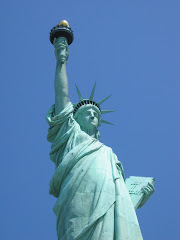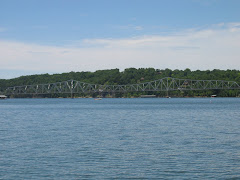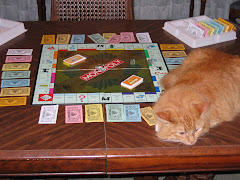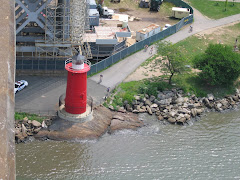Is Mr. Washington among your acquaint-
ances? If not, I recommend you to em-
brace the first opportunity to form his
friendship. He is about twenty-three years
of age; with a countenance both mild and
pleasant, promising both wit and judgment.
He is of comely and dignified demeanor,
at the same time displays much self-reliance
and decision. He strikes me as being a
young man of extraordinary and exalted
character, and is destined to make no in-
considerable figure in our country.
--Gen. Edward Braddock, 1755, Letters.
I have seen General Washington, that
most singular man--the soul and support
of one of the greatest revolutions that has
ever happened, or can happen. I fixed my
eyes upon him with that keen attention
which the sight of a great man always in-
spires. We naturally entertain a secret
hope of discovering in the features of such
illustrious persons some traces of that
genius which distinguishes them from, and
elevates them above, their fellow mortals.
Perhaps the exterior of no man was better
calculated to gratify these expectations
than that of General Washington. He is
of a tall and noble stature, well propor-
tioned, a fine, cheerful, open countenance,
a simple and modest carriage; and his
whole mien has something in it that inter-
ests the French, the Americans, and even
enemies themselves in his favor. . . .
His reputation has, at length, arisen to a
most brilliant height; and he may now
grasp at the most unbounded power, with-
out provoking envy or exciting suspicion.
He has ever shown himself superior to
fortune, and in the most trying adversity
has discovered resources until then un-
known; and, as if his abilities only in-
creased and dilated at the prospect of
difficulty, he is never better supplied than
when he seems destitute of everything, nor
have his arms ever been so fatal to his
enemies, as at the very instant when they
thought they had crushed him forever. . . .
he is frugal and sober in regard to himself,
but profuse in the public cause; like Peter
the Great, he has by defeats conducted his
army to victory; and like Fabius, but with
fewer resources and more difficulty, he has
conquered without fighting and saved his
country. --Claude C. Robin, 1781, Letter
from Camp of Phillipsburg, Aug. 4; Maga-
zine of American History, vol. 20, pp.
137, 138.
Subscribe to:
Post Comments (Atom)














No comments:
Post a Comment